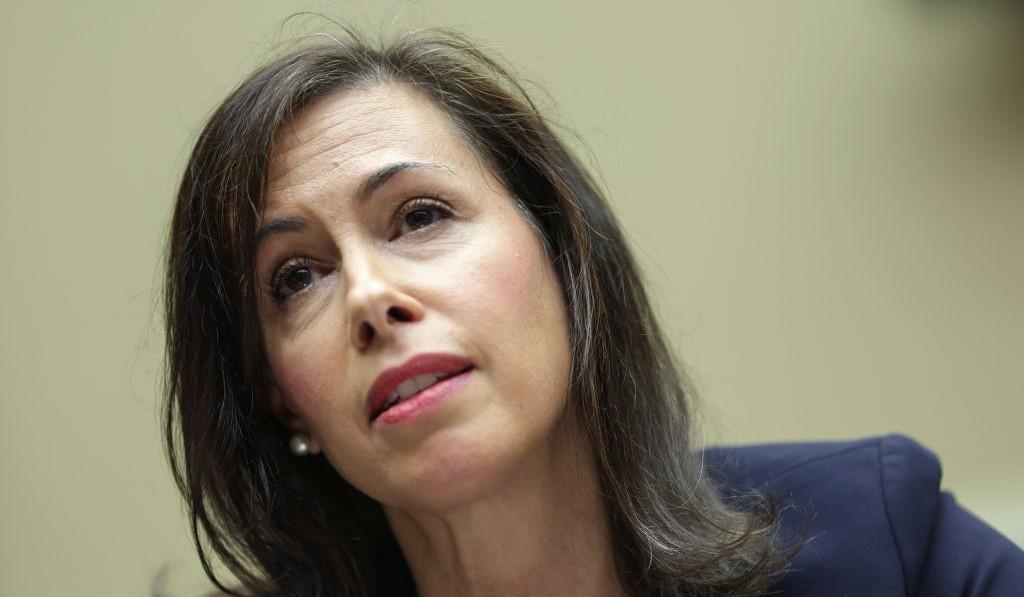FCC Is Withholding Nearly $900M in Funding for SpaceX's Starlink Internet
The Federal Communications Commission is holding out on nearly $900 million in federal funding for SpaceX’s Starlink internet service.
Aug. 11 2022, Published 10:24 a.m. ET
The FCC (Federal Communications Commission) is holding out on nearly $900 million in federal funding for SpaceX’s Starlink internet service. Starlink, which claims to be a high-speed internet solution, is reportedly underperforming in the speed department.
Elon Musk’s SpaceX applied for the funding to help its satellite internet service move forward. Now, it will take longer for the company to expand into more real-world applications.
FCC denies Starlink application for $885 million to develop U.S. operations, cites cost and speed.

FCC Chairwoman Jessica Rosenworcel
Starlink, a SpaceX operation, applied for more than $885 million to help it deliver satellite broadband to 35 states. The service was reportedly for 100/20 Mbps.
Despite the fact that the FCC announced SpaceX as a funding winner in 2020 for this purpose, the commission has ultimately decided to decline the funding, which would have been distributed as a subsidy.
According to FCC Chairwoman Jessica Rosenworcel, “Starlink’s technology has real promise, but the question before us was whether to publicly subsidize its still developing technology for consumer broadband — which requires that users purchase a $600 dish — with nearly $900 million in universal service funds until 2032.”
In addition to the cost associated with Starlink internet access, the FCC cites subpar internet speeds for what's supposed to be a high-speed option. According to data through July 31, Starlink speeds are declining. During the second quarter of this year, the speeds fell below 20 Mbps.
Rosenworcel’s decision comes at a time when prices and reliability both matter. At this point, the concern is that Starlink won't be able to deliver on its promises, a problem that has plagued federal funding for broadband in the past.
Rosenworcel said, “We cannot afford to subsidize ventures that are not delivering the promised speeds or are not likely to meet program requirements.”
What’s next for Starlink?
FCC subsidy or not, SpaceX’s Starlink won’t stop developing its products. The company even touted its “Subsidy Maritime” for remote ocean internet access. However, the FCC subsidy would have been a welcome source of funding. Starlink will need to find investors to commit to its expansion.
At a time when the U.S. is seeing inflation reminiscent of the 1970s, consumers may find it difficult to invest in a speculative internet solution. That isn't to mention the increasing proportion of the population that’s working remotely and relying on residential internet access in ways they may not have before.
Already, there are 2,700 Starlink satellites out in the world working to create a mesh of connectivity. Hundreds of thousands of subscribers paying $599 for kits to set up access and upwards of $110 per month to retain that access are paying Starlink. Needless to say, its audience is growing. Still, it isn't a staple in rural environments, and this subsidy would have enabled that.
The FCC rural internet subsidy program has already authorized more than $5 billion in funding for the project, but there’s still a lot of work to be done for fair internet access in the U.S.

